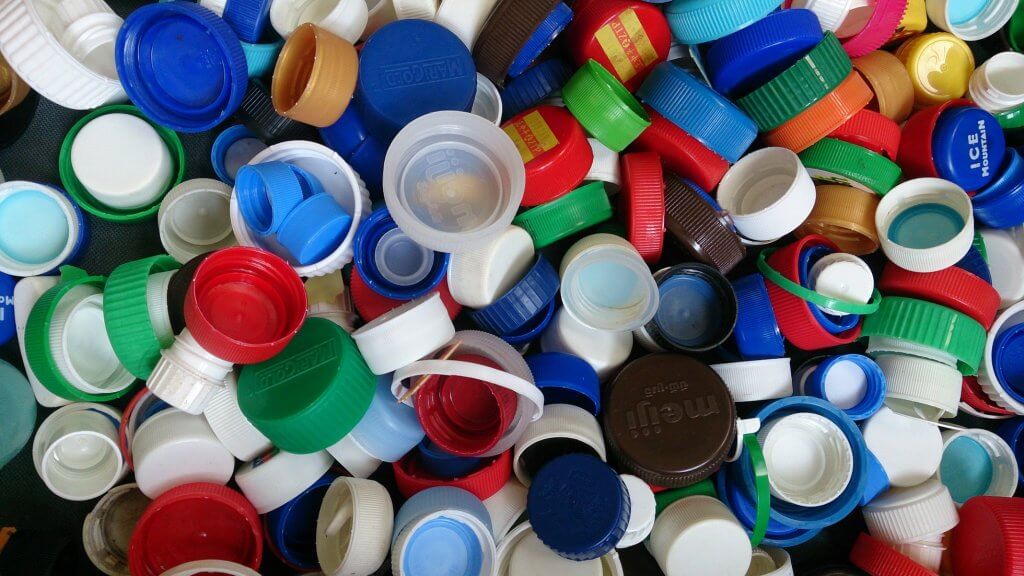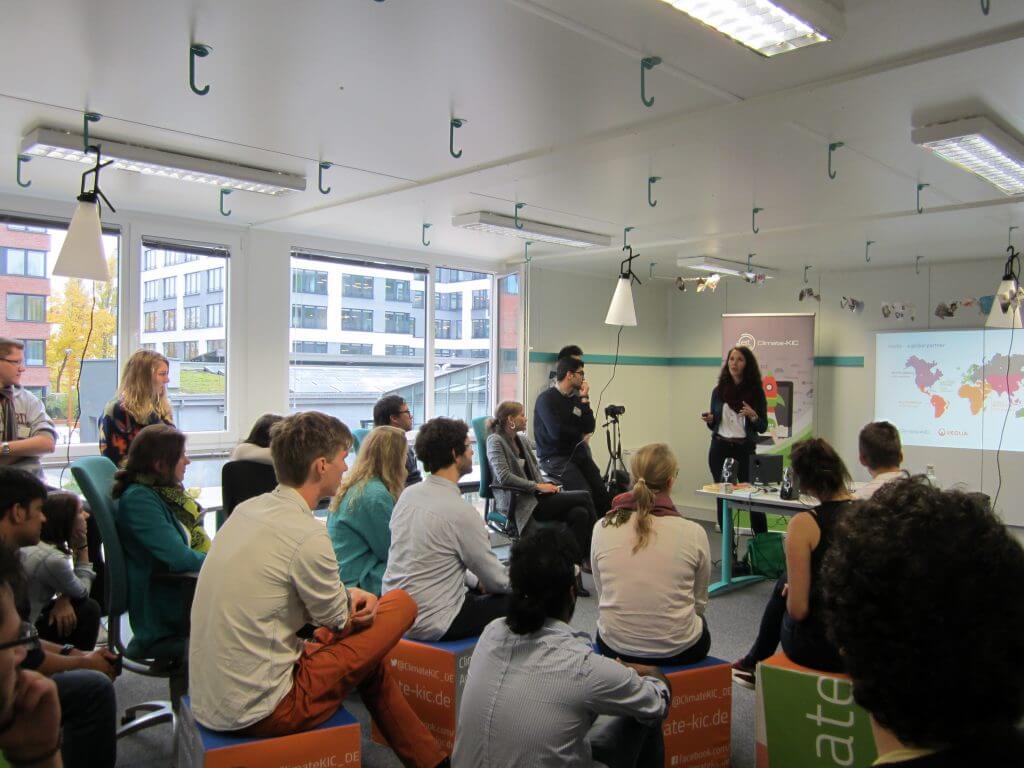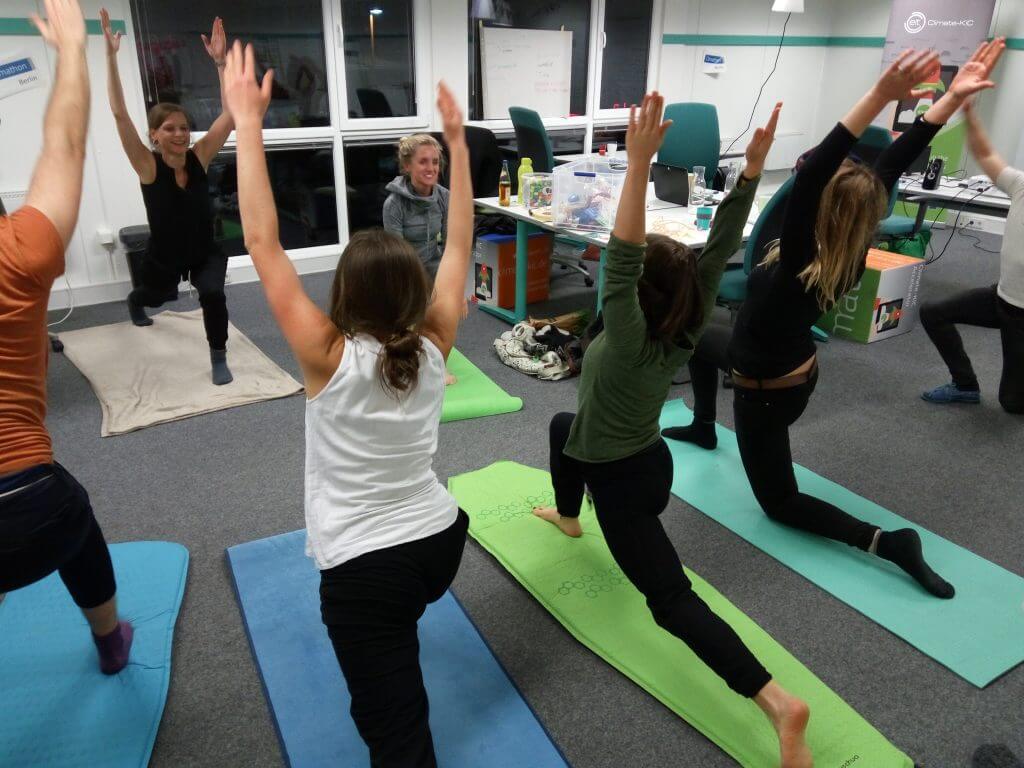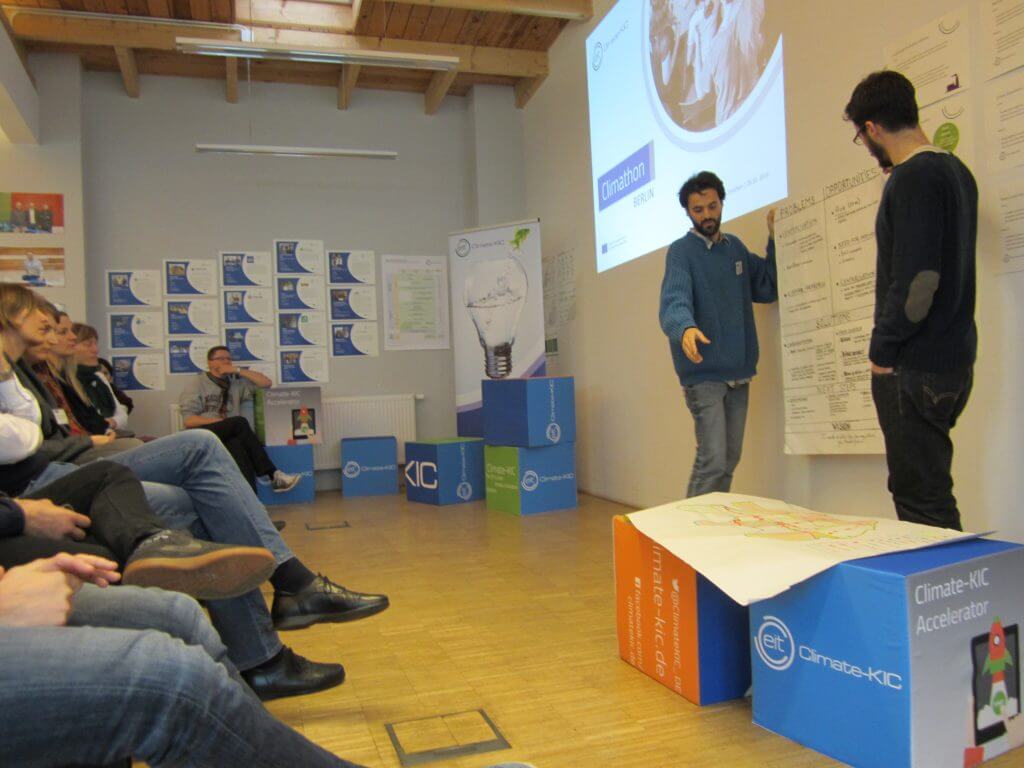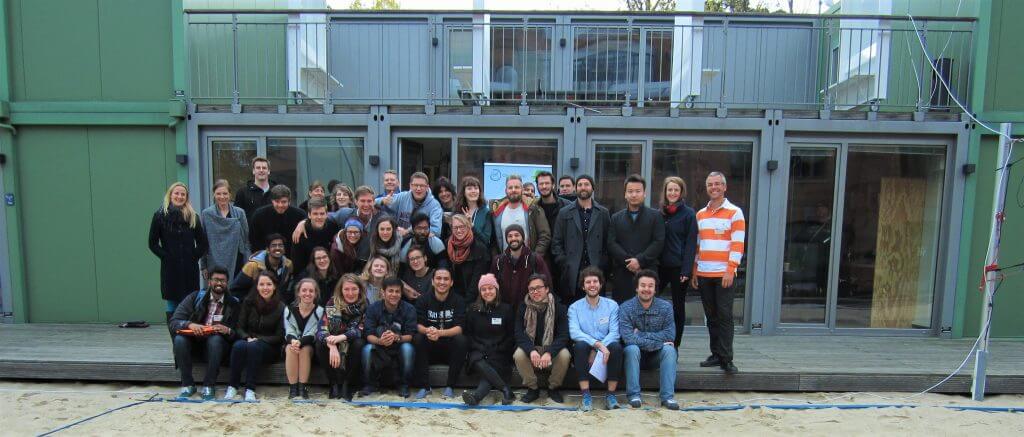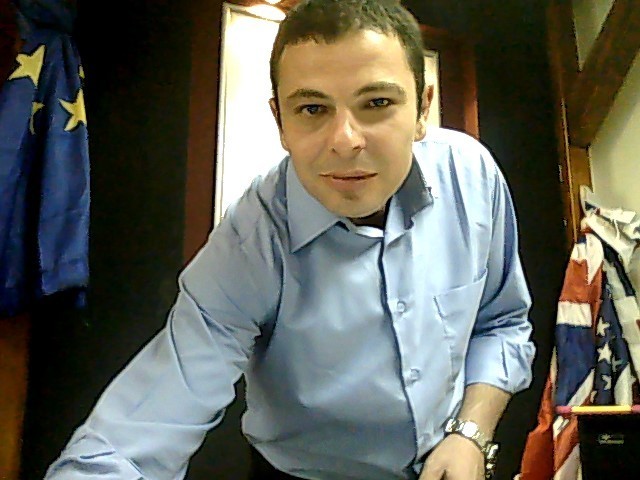Pomozi gradu #Zajecar da pronadje rešenja za neke od najtežih klimatskih izazova u svetu. Klimatske promene utiču na svaki grad na svakom kontinentu. Sve je više poremećaj ekonomije i utiče na ljudsko zdravlje. Prvobitno konceptualizovan kao 24-satni hackathon od strane Climate-KIC-a, #Climathon je odahnula kao globalni pokret, angažujući građane na klimatskim akcijama - i pružajući gradovima stalnu podršku na jedinstvenim izazovima sa kojima se suočavaju.
Građani, gradski zvaničnici i partneri se povezuju pod zajedničkom vizijom za zdraviji grad, koji se manifestuje u 24-satnom hakatonu kako bi pronašao inovativna gradska rešenja.
Climate-KIC podržan od EIT, deo Evropske Unije.
U nastavku prikazana je Mapa 1. grad Zajecar: Plan regulacije predlozi i Divlje deponije smeća grad Zaječar. Markirana je nova industrijska zona na Vanjinon jazu. Markirane su obilaznice i putevi, uključena je baza svetskih automobilskih kompanija i dobavljača opreme u Evropi.
Predlog: Uraditi e-gov Data Center Zajecar. IT sistem za upravljanje gradom kako bi se povećala mobilnost. Uključiti dobre primere e-gov: Cloud Computing Environement;
Mapa 1. grad Zaječar
DOBRI PRIMERI:
ECOMONDO: Sve ideje Climathon 2017 za pametne i izdržljive gradove
Klimatizacija i komunikacija Climathon Uticaji Urbano planiranje Urbana otpornost na klimatske promjene Rizici vezani za klimatske promjene Klimatski izazovi Održivi razvoj.
U Bolonji, aplikacija koja dozvoljava kompanijama da poboljšaju putanju puteva zaposlenih, pomažući im da izaberu manje zagađene puteve, na Venecijanskim specijalnim plivajućim platformama kako bi vratili "zelenu" u lagunu. Ovo su dva od 18 pobjedničkih Climathon projekata , 24-satni maraton koji predlažu korisne ideje za borbu protiv klimatskih promjena, predstavljene na Ecomondo (Fiera di Rimini) na forumu u kojem vodi geolog Mario Tozzi. Ovaj događaj organizuje Climate-KIC, evropska javno-privatna zajednica za borbu protiv klimatskih promjena, koordinirana u našoj zemlji od strane Climate-KIC Italy sa sjedištem u Bolonji.
Ovo uključuje pobedničke ideje Climathona u Leče, Veneciji, Sasariju i Bolonji, u kojima je učestvovalo i učešće CMCC-a.
Nakon prezentacija, predstavnici lokalnih institucija kao što su Regionalni savjetnik za zaštitu životne sredine regije Sardinija, Donatella Spano i savjetnici za životnu sredinu opštine Ćezena, Francesca Lucchi i opština Sassari Fabio Pinna razgovarali su s Angelicom Monako (direktor klime - KIC Italija) i Mauro Buonocore (Fondacija CMCC - Evro-mediteranski centar za klimatske promjene) o tome kako uključiti građane u borbu protiv klimatskih promjena.
Među pobedničkim projektima klimantskog maratona u 18 italijanskih gradova nalazi se "LinkShiftShare" , pobednički projekat Klimathon iz Lečea, gde se tema izaziva obalnom erozijom i zaštitom i razvojem obala. Ideja je da u okviru obalnog područja stvorimo integrisano upravljanje protokom vozila, pristupom na more, prirodnom prirodnom okruženju i tipičnim aktivnostima mjesta.
U Veneciji je odlikovao "Podići prije porasta nivoa mora" , koji integriše stvaranje umetničkih instalacija koje se mogu pretvoriti u platforme kako bi se u slučaju vanrednog stanja ugostili ljudi sa projektom društvenog i urbanog oporavka starih zgrada.
Dva projekta dobila su u Bolonji, prva je "Zefiro" , digitalna platforma koja omogućava kompanijama da svojim zaposlenima pruže aplikaciju za bolje upravljanje kućnim radom i drugim putovanjima. To je kako bi se ljudima omogućilo da izbjegnu zagađene ulice, trgovine ljudima ili bez "urbanih zelenih".
"Ostani cool" , s druge strane, usluga koja koristi klimatske i geografske podatke Kopernika i drugih urbanih baza podataka, identifikuje, mapira i komunicira položaj "hladnih mesta", tj. Parkova, muzeja i mjesta kulture, gdje "Uzmi utočište" tokom vrelih talasa. "Ostanite kul" namenjen je prvenstveno ljudima koji su krhki sa stanovišta zdravlja i / ili socijalno isključeni.
U Sassari projektu "Zeleni u vezu" dodeljena je aplikacija koja želi da promoviše zajednički model upravljanja za razvoj zelenih površina u istorijskom centru grada. Konkretno, projekat ima za cilj poboljšanje unutrašnjih bašti istorijskih domova privatnih građana i povezivanje među njima i sa javnim područjima, u cilju stvaranja zelenih puteva visoke vrijednosti životne sredine unutar grada.
"Walk on" je predlog koji je osvojio izazov u Salernou i ima za cilj poboljšanje mobilnosti i smanjenje zagađenja tokom gradske manifestacije "Luci d'Artista". Ideja uključuje upotrebu tepisona od reciklirane gume da pretvori kinetički pokret hiljada posjetilaca u električnu energiju. "Pametni tepih" će biti povezan sa aplikacijom (Tap @ Ap), koja će omogućiti informacije u realnom vremenu o broju preduzetih koraka, stvaranju energije i emisijama koje su izbegnute u pogledu CO2, uslova saobraćaja i mnogo više .
"Io cammino" je pobednički projekat Klimathona u Ferari. Cilj je da zajedno sa obrazovnim institucijama stvori sistem koji transformiše (pešake) pešačke rute (školski autobus peške) u igru (kako bi se podstakao razvoj ponašanja osjetljivih na pitanja održivosti još od detinjstva.
U Kaljariju izazov je dobio "Bird" , koji je razvio multifunkcionalni model urbane zelene infrastrukture.
U Napulju razvijeni koncept se fokusira na sposobnost prirode da se brani. Projekat podrazumeva sijanje čempresa u pufernim područjima radi sprečavanja ili usporavanja požara. U stvari, ova drveća su bogata vodom.
U Firenci je osnovan "Stapp Project" , aplikacija koja "uzbuđuje" turiste poštujući vodu i otpornost. Projekat Naide u Ćeseni je nagrađen od strane žirija, čiji je cilj razvoj rešenja za uštedu vode.
U Trentinu je Climathon osvojio tim "Dec € Uro" , koji je predložio stvaranje stabilnog senzora za detekciju podataka o vodama na terenu, koji se zatim prenose u realnom vremenu kontrolnim centrima.
Klima-KIC je najveće javno-privatno partnerstvo na ublažavanju i prilagođavanju klimatskim promjenama koje čine kompanije, akademske institucije i javni organi sa preko 200 evropskih partnera. Climate-KIC je jedna od zajednica znanja i inovacija koju je pokrenuo EIT, Evropski institut za inovacije i tehnologiju. Od 2016. godine podružnica Climate-KIC Italije aktivno je koordinirala aktivnosti u nacionalnom kontekstu.
Klima-KIC je najveće javno-privatno partnerstvo na ublažavanju i prilagođavanju klimatskim promjenama koje čine kompanije, akademske institucije i javni organi sa preko 200 evropskih partnera. Climate-KIC je jedna od zajednica znanja i inovacija koju je pokrenuo EIT, Evropski institut za inovacije i tehnologiju. Od 2016. godine podružnica Climate-KIC Italije aktivno je koordinirala aktivnosti u nacionalnom kontekstu.
Pet stvari koje trebate znati prije vašeg prvog Hackathona:
Luka Vojvodić
Primer start up:
Sonja Jović
Primer start up:
Nikola Šarčević
Primer start up:
Violeta Jovanović
Darko Milošević
Dijjana Miljković
